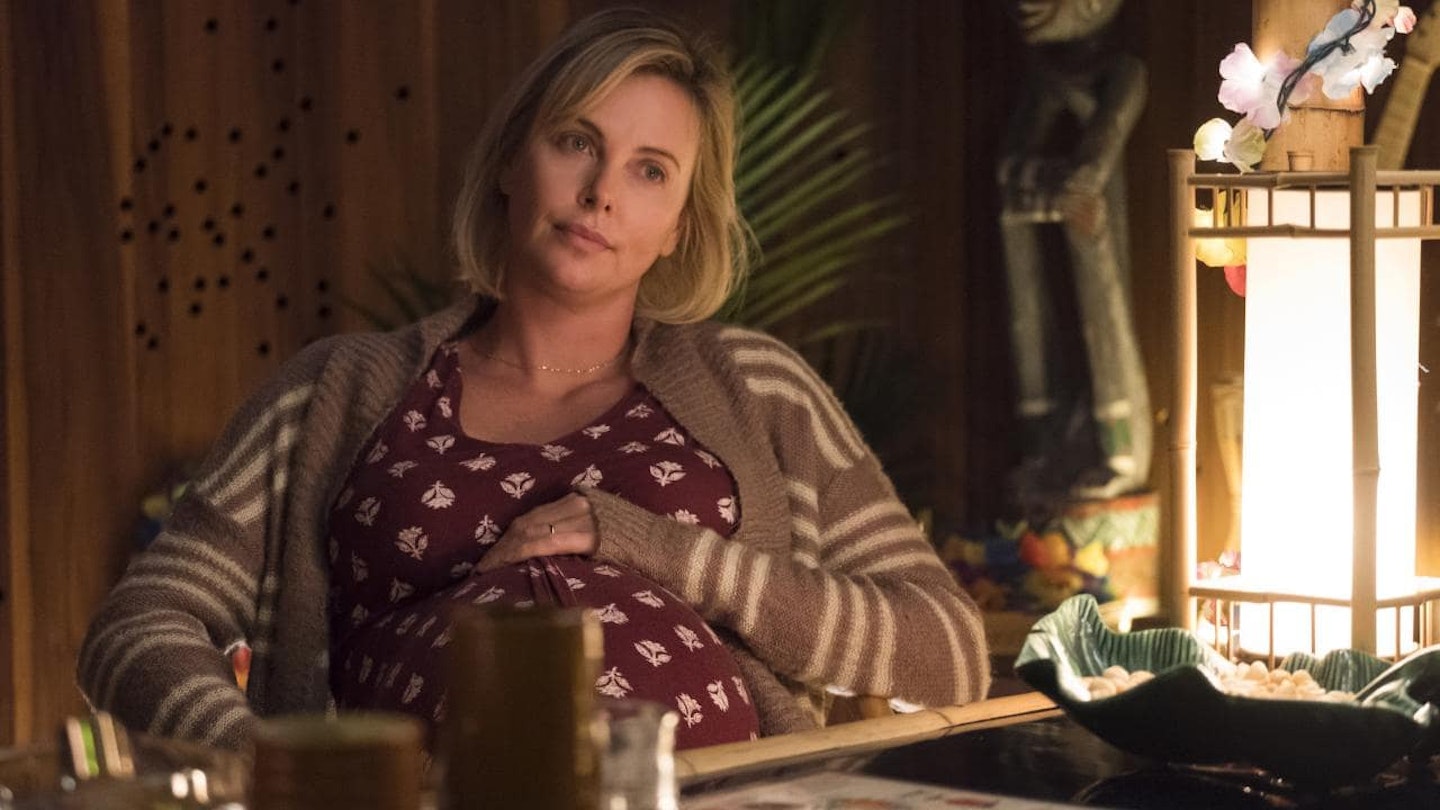In news that will scandalise exactly zero parents, a new study has shown that the more children a woman has, the greater her risk of serious illness.
Scientists from the University of Cambridge studied more than 8,000 American women between the ages of 45 and 64. They found that having kids generally increased women’s risks of heart attack, stroke and heart failure. As if that wasn’t bad enough, women with five children or more had a 40 per cent increased risk of a serious heart attack in the next 30 years, compared to those who just had one or two children.
All of this is rather depressing since I myself have two small children and I’ve only just crawled out of the spiral of viruses they’ve been bringing home all winter. I was rather hoping that my health would improve, not deteriorate.
However, I can easily see how this happens. I adore my kids, but pregnancy takes it out of one rather, as does childbirth, and as soon as that’s over we have to hit the ground running with the steep learning curve that is parenthood. And each time you have another child, you have to go through all this again, only with an increasing series of small people marching behind you, shouting 'I won’t!' one minute, then asking for a drink the next.
'We know that pregnancy and childbirth put a tremendous strain on the heart, and raising children can be very stressful too,' said research leader Dr Clare Oliver-Williams. 'We don’t want to add to the stress people have in their everyday lives but equip them with the knowledge to do something about it.'
To be honest, I think we’re already doing something about this, as a society. Pregnancy and childbirth aside, is there a biological reason that raising kids impacts women’s health more than that of men? Or is it just that women - especially those between the ages of 45 and 64 - have been expected to parent the children AND run the household AND, in many cases, earn a living - perhaps two - in an inflexible workforce?
These days things seem to be changing. The government has introduced shared parental leave, so now at least in theory it’s not all up to the mothers. More and more companies are embracing flexible work options to improve productivity, staff retention and wellbeing, which will make life easier for mothers splitting their time between work and family; and the subsidised childcare schemes available should further lessen the load.
Obviously these changes will take time to filter into people’s daily lives. Even in our house, where both parents work from home and split family responsibilities down the middle, I’m still the one who takes care of the kids’ health, education and childcare - because I’m the one expected to by the NHS, education, and nursery. But it would be interesting to run this experiment again in 20 years, and see if these benefits have had a positive impact on mothers’ health.
Women with children are often reminded to 'make time for self-care' but this is more a challenge than a reprieve, as it basically equates to piling a new responsibility on an already heaving stack of tasks, only this one comes with a dose of guilt.
'We all know it’s hard to take care of your health when you have children,' Dr Oliver-Williams comments. 'Hopefully this research can help show how important it is and, perhaps, having children can provide some extra motivation.'
Meanwhile, in the here and now of mothering two children while working while running half a household, I have a to-do list as long as my arm. I’m just not sure I have the mental capacity to add 'worrying about my health even more than I already do' onto it.
So maybe, instead, I’ll just rip up that list and co-author another one with my husband, then put my feet up for a bit. Doctor’s orders.
